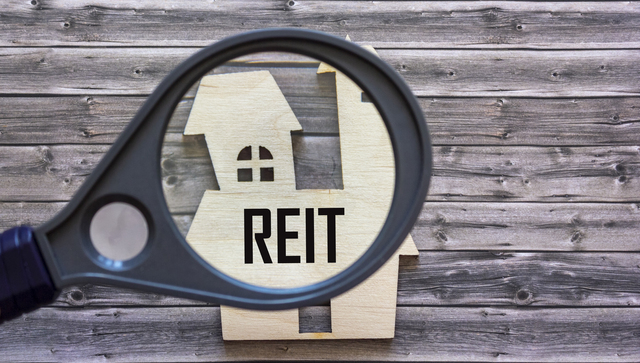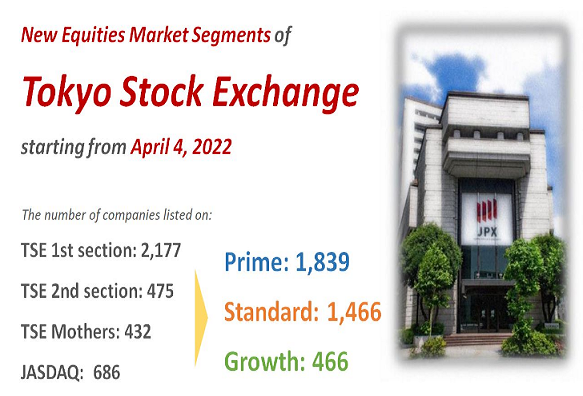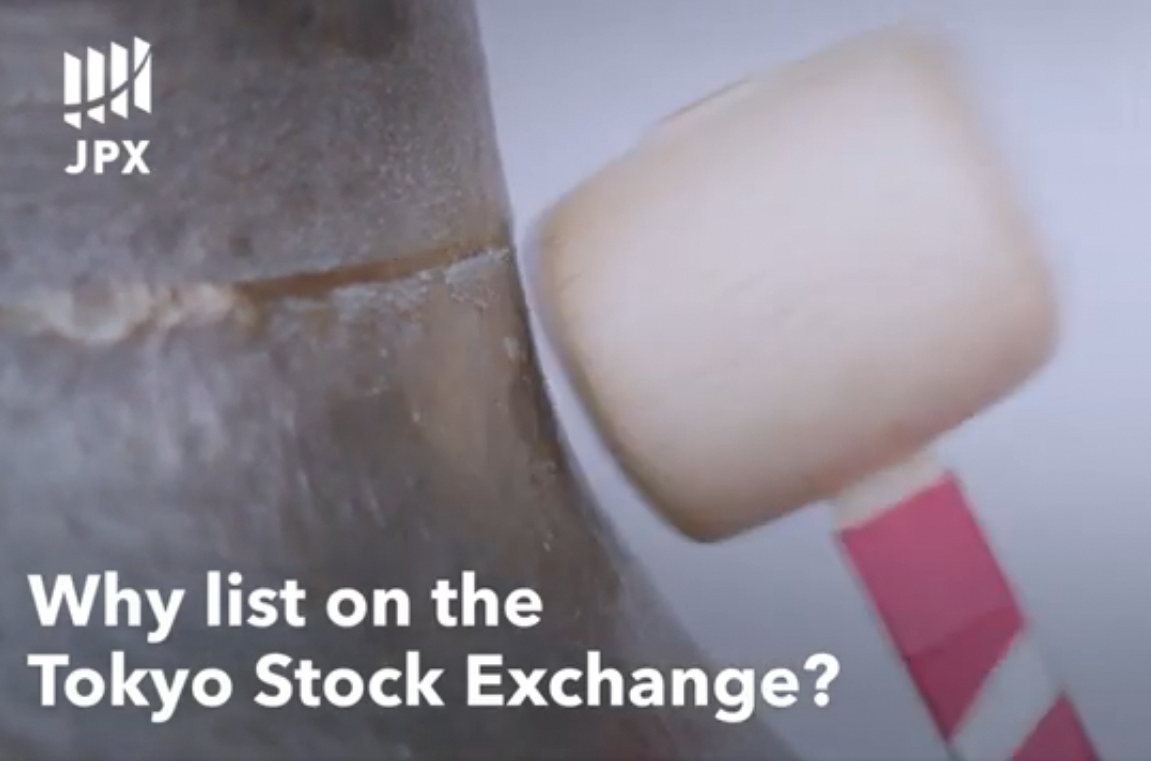TSE Cash Markets
Tokyo Stock Exchange to Establish a Carbon Credit Market for Japan

In June 2023, Tokyo Stock Exchange, Inc. (TSE) announced that it will establish a new market for trading carbon credits, planned for launch in October. This follows a trial period which was successfully enacted from September 2022 to January 2023. This article introduces the results of the trial, what the new market will look like, and TSE’s plans for the future.
In order to achieve its target of net zero by 2050, the Japanese government has been designing policies to advance the country’s transition to a low-carbon economy, referred to as “Green Transformation (GX).” The Ministry of Economy, Trade and Industry (METI) published the “GX League Basic Concept” in February 2022 and added a more concrete policy package in February 2023 with the “Basic Policy for the Realization of GX,” which was the basis of a GX Promotion Bill enacted by the Japanese parliament in May 2023. One of the main features of these plans is the introduction of a carbon pricing system, including emissions trading.
In May 2022, as the result of a call for tenders, METI commissioned Tokyo Stock Exchange, Inc. (TSE) to carry out a “technical demonstration project” for a carbon credit market. This aimed to explore what kind of rule framework, systems, and transfer methods would be most appropriate to enable the smooth trading of credits with price transparency. The demonstration ran from September 2022 to January 2023 and carried out trial trading of J-Credits, which are carbon credits based on Japanese rules for global warming countermeasures administered by METI and other government ministries, and simulation trading of credits granted to GX League companies for excess emissions reductions. Trading of J-Credits was carried out in categories based on the J-Credit methodologies of Renewable Energy, Energy Saving, Forest Sink, and so on.
A total of 183 companies participated in this trial, trading 148,933 tons of CO2 in all. The Japanese government also participated in the later stages, selling government-owned J-credits. While there was a small amount of trading in the Forest Sink category, it was concentrated in the Energy Saving and Renewable Energy categories, at 49% and 51% of volume respectively. It is thought that Renewable Energy credits are relatively popular in part because they can be counted as renewable energy usage for reporting to the RE100 initiative. Prices varied, with Energy Saving credits trading at 800 to 1,600 yen, Renewable Energy credits at 1,300 to 3,500 yen, and Forest Sink credits up to ten times these at 8,000 to 16,000 yen.
Based on the knowledge and market operation experience gained from this trial project, TSE announced in June 2023 that it planned to establish a permanent carbon credit market. In line with the Japanese government’s planned schedule for its carbon pricing system, the market is scheduled to begin operation in October 2023. The trading system will be internet-based and separate from the other markets operated by TSE.
With some exceptions, the rule framework for the carbon credit market will be largely based on that trialed during the demonstration period. For the time being, the products eligible for trading will be J-Credits, and these will be traded based on the J-Credit methodology categories. While the trial project began using the 64 individual J-Credit methodologies as subcategories (“introduction of solar power generation,” “introduction of high efficiency boilers,” etc.), these were abolished partway through as a better picture emerged of actual credit usage, with the Renewable Energy category being split into electricity, heat, and mixed electricity and heat instead. As a result, the permanent market will start using the new categories.
Given that levels of liquidity are expected to be relatively low at such an early stage of market development, in order to ensure more accurate and fair price formation, there will be no continuous auction, and trades will be executed using the “Itayose” method, according to the price and time priority rule. There will be two call auctions per day – once in the morning and once in the afternoon. Fees will be zero for the time being to encourage as many participants as possible from the beginning.
TSE will begin to take applications for carbon credit market participants (which will be a separate category from other TSE trading participants) in July, and plans to then launch the market in October after carrying out system tests. TSE then plans to expand the market depending on user demand. For more details, please see the outline of specifications on the below page.
https://www.jpx.co.jp/english/rules-participants/public-comment/detail/d08/20230609-01.html
As well as forming a part of government policy towards Japan’s net zero goal, the carbon credit market project is also an important part of the Green Strategy of TSE parent Japan Exchange Group (JPX), as set out in its Medium-Term Management Plan 2024. As well as aiming for carbon neutrality as a corporate group, this strategy includes several projects under the umbrella of “utilizing market mechanisms to promote sustainability” as a market operator, including the carbon credit market. Other projects include increasing the accessibility of ESG-related information, calculating ESG indices and listing related ETFs/futures, and enhancing support for companies’ ESG information disclosure. JPX aims to support the shift to carbon neutrality in Japan through all these initiatives.





